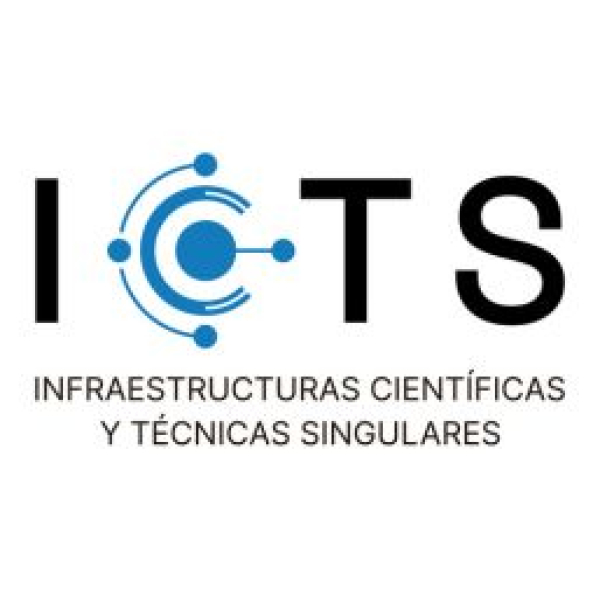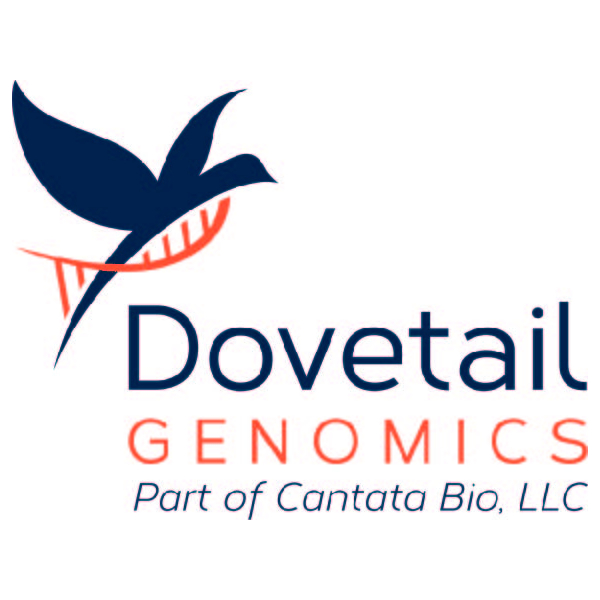
- The project is part of an international collaboration supported by The Mark Foundation’s ASPIRE grant, co-funded by the Spanish Association Against Cancer.
- CNAG’s Single Cell Genomics Group, led by Dr. Holger Heyn, collaborates with Dr. Eduard Batlle’s team at IRB Barcelona and Dr. Ido Amit’s lab at the Weizmann Institute of Science to uncover mechanisms of immune resistance.
The Single Cell Genomics Group at CNAG, led by Dr. Holger Heyn, has been awarded an ASPIRE grant from The Mark Foundation for Cancer Research, which supports innovative, internationally-driven research projects. This initiative also receives co-funding from the Spanish Association Against Cancer, which supports the Spanish teams involved.
The project, titled “Time-Resolved Evolution of the Metastatic Immune Environment in Colorectal Cancer,” aims to unravel how the immune microenvironment of metastatic colorectal cancer (mCRC) evolves over time, and how these changes lead to resistance to immunotherapy.
To explore this process, the project brings together three internationally recognised laboratories: Dr. Eduard Batlle’s team at IRB Barcelona, Dr. Ido Amit’s lab at the Weizmann Institute of Science, and Dr. Holger Heyn’s Group at CNAG. Together, they will investigate tumour evolution and immune resistance using experimental models that mimic human colorectal cancer.
Given the limited success of immunotherapy in metastatic colorectal cancer—particularly in microsatellite stable (MSS) tumours—the consortium will apply advanced single-cell and immune repertoire profiling approaches to uncover mechanisms of immune escape and identify therapeutic windows that could improve patient outcomes.
Tracking how immune cells evolve to fight colorectal cancer
Dr. Heyn’s group will lead the longitudinal profiling of the T cell receptor (TCR) repertoire in tumour-infiltrating and circulating immune cells from metastatic colorectal cancer patients. This effort involves ultra-deep TCR sequencing to track T cell clonotypes across time and compartments, offering insights into clonal expansion, persistence, and exhaustion in response to immune checkpoint blockade (ICB). These data will be integrated with single-cell transcriptomics and immune phenotyping from patient biopsies and matched peripheral blood samples, enabling systems-level reconstruction of T cell dynamics.
Additionally, CNAG will contribute to the development of computational pipelines for joint analysis of TCR clonotype and gene expression data, facilitating identification of T cell populations associated with therapeutic response or resistance. These analyses aim to uncover biomarkers for patient stratification and novel targets for enhancing anti-tumour immunity.
The integration of mouse model data with human immune profiling will ensure translational relevance and provide a framework for understanding the temporal and spatial rules governing effective immune responses in metastatic disease.
MORE INFORMATION











